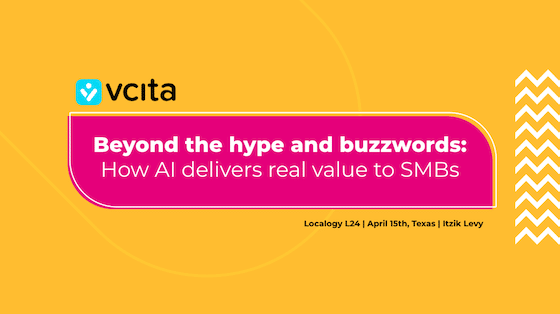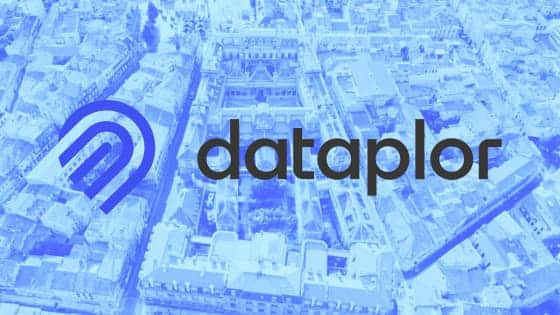Private SaaS, also known as on-premises SaaS or private cloud SaaS, is a type of software-as-a-service model that offers companies a way to host and run applications on their own private servers rather than on a provider’s public cloud. This allows businesses to retain total control over their data and maintain strict security and compliance requirements.
That might sound like the ideal solution for businesses concerned about privacy and security. However, the requirement to run applications on private servers flies in the face of the reason SaaS adoption first took off.
The SaaS method of delivering software gained popularity because it offloaded the responsibility of managing infrastructure, security, and performance of software applications to third-party vendors. Switching to private SaaS moves many of those requirements back in-house.
How do you explain the change?
It’s true that private SaaS is increasing in popularity, but only within certain business verticals.
Businesses that need developer or security tools, for example, often have proprietary algorithms or sensitive data that makes it virtually impossible to use traditional SaaS applications. This SaaS model opens up a new opportunity for businesses in these verticals to use the latest technology within their own secure environments.
With private SaaS, the software is run within the business’ network, but the software provider takes responsibility for management and security. The control plane and the data plane are essentially split down the middle, so the company’s data remains within its own network, while the software provider takes care of aspects like reliability, availability, and upgrades.
What Are the Benefits of Private SaaS?
For companies that can’t use traditional SaaS applications because of their own proprietary algorithms or sensitive data, this SaaS configuration serves as a middle-ground solution. It offers a high level of customization and flexibility, coupled with greater security than traditional SaaS.
Since the software is hosted on the company’s own servers, it can be tailored to meet specific requirements. This can be especially useful for businesses in the healthcare or banking verticals.
Another advantage of private SaaS has to do with enhanced performance and reliability. Since the software runs on the company’s own servers, there is less reliance on internet connections or third-party servers.
What Are the Drawbacks of Private SaaS?
There’s a reason why it is only used by a select group of businesses. For one, it can be more expensive than traditional SaaS models. Since the business is responsible for maintaining and updating its own servers, it may need to invest in additional hardware or IT resources.
Private SaaS can also be more complex to set up, which can require in-house teams with specialized expertise.
Where Does the Hybrid Cloud Fit In?
Cloud applications can be categorized into three main types: public, private, and hybrid. Public cloud services are delivered via the internet and shared across organizations, whereas private cloud services are dedicated only to a single business or organization. Then you have hybrid cloud solutions.
Hybrid cloud apps, or hybrid SaaS, operate in an environment that uses both public and private clouds. This approach of using traditional (public) SaaS for non-essential data and keeping private SaaS available for sensitive data is a way to keep costs down while maximizing security.
Whether a business using traditional SaaS or private SaaS, or some combination of the two depends on their needs and financial considerations. For businesses in industries like banking and healthcare, choosing private SaaS is a no-brainer. For others, it’s a more personal decision that depends on the specifics of each application and its intended use.




